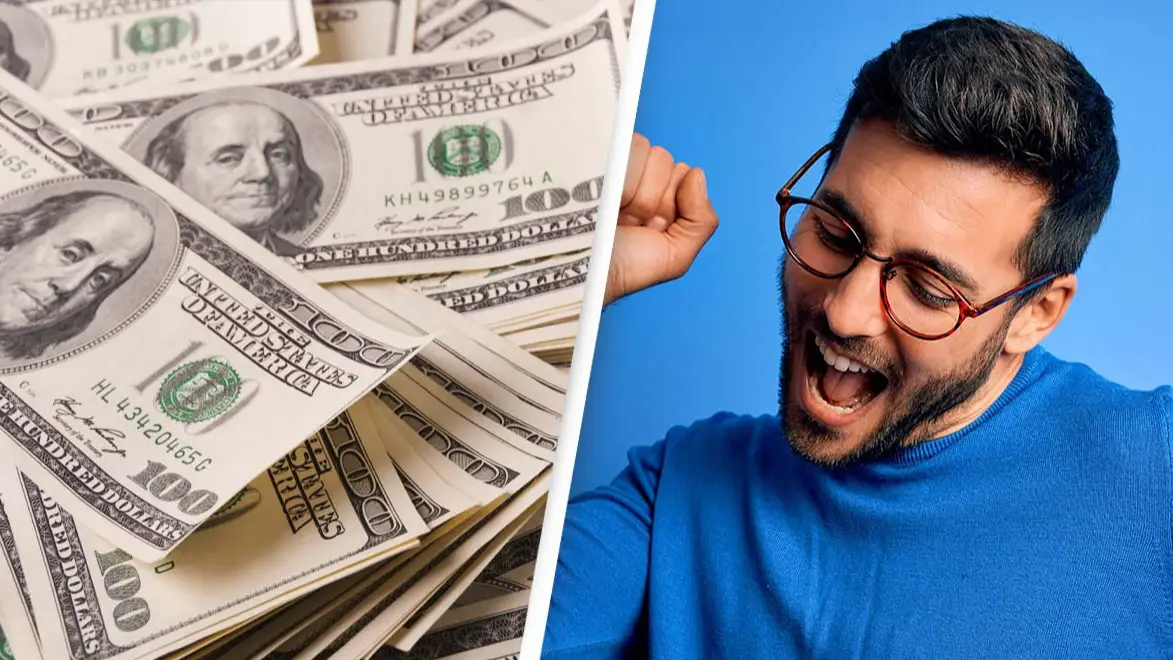It turns out money *can* buy you happiness - for people making less than $123,000 per year.
A new experiment, published in the journal PNAS, has studied the effects of giving people a one-time payment of $10,000 (£8,358).
A group of 200 people across seven countries received the $10,000 payment through PayPal, in partnership with TED, and were monitored against a control group who didn't receive any money, to compare their happiness levels. They also had a three month limit to spend their funds.
I think I know which group I'd rather be in!
The lucky 200 who found themselves $10,000 richer reported their happiness levels on a scale from 1 to 7 at the end of each month.
Of course, by the time the three month experiment had come to an end, those who had been on a spending spree had reported higher levels of happiness than those who didn't.
What a shocker!
That being said, there was a group of people who seemed almost unaffected by their riches.
It turned out that people with household incomes of more than $123,000 (£104,000) maintained the same level of happiness, even after the $10,000 payment.
Test subjects came from three low income countries; Brazil, Indonesia and Kenya, and four high-income countries; Australia, Canada, the United Kingdom and the U.S.
Wavebreakmedia Ltd UC5/Alamy Stock Photo Recipients in lower-income countries recorded a happiness increase three times larger than those in higher-income countries
So, while the study did find that wealth can improve happiness levels for most people, those who were already earning big money were pretty unaffected.
Co-author of the study Ryan Dwyer explained to NBC News: "Ten thousand dollars in certain places around the world can really buy you a lot.
"Some people spent a lot of the money paying down their mortgage or doing a big renovation on their house."
The study also monitored what people spent their $10,000 on, but the results are still being processed on that one, so no word yet on which purchases will make you feel something.
Though, if you're lucky enough to be earning more than $123,000 per year, there's probably not much point in finding out.
This unusual study was able to go ahead thanks to two wealthy donors who partnered with TED to give away a total $2 million (£1,691,640) to the subjects who signed up.
To keep things fair and unbiased, TED made sure that study participants had no idea what they were signing up for.
Yuliia Kaveshnikova/Alamy Stock Photo It was back in 2020 when TED issued a call-out for people to apply for a 'mystery experiment' that they promised would be 'exciting, surprising, somewhat time-consuming, possibly stressful, but possibly also life-changing'.
Head of TED Chris Anderson assured curious participants that, once the nature of the experiment was revealed, 'you will be able to withdraw (but I doubt you will).'
A few months later, two third of the people who were bold enough to sign up got an email to let them know they were about to receive $10,000 in their accounts.
Surely that's the sort of email that would make anyone happy - no matter how much they earn.

 Ali Condon
Ali Condon
